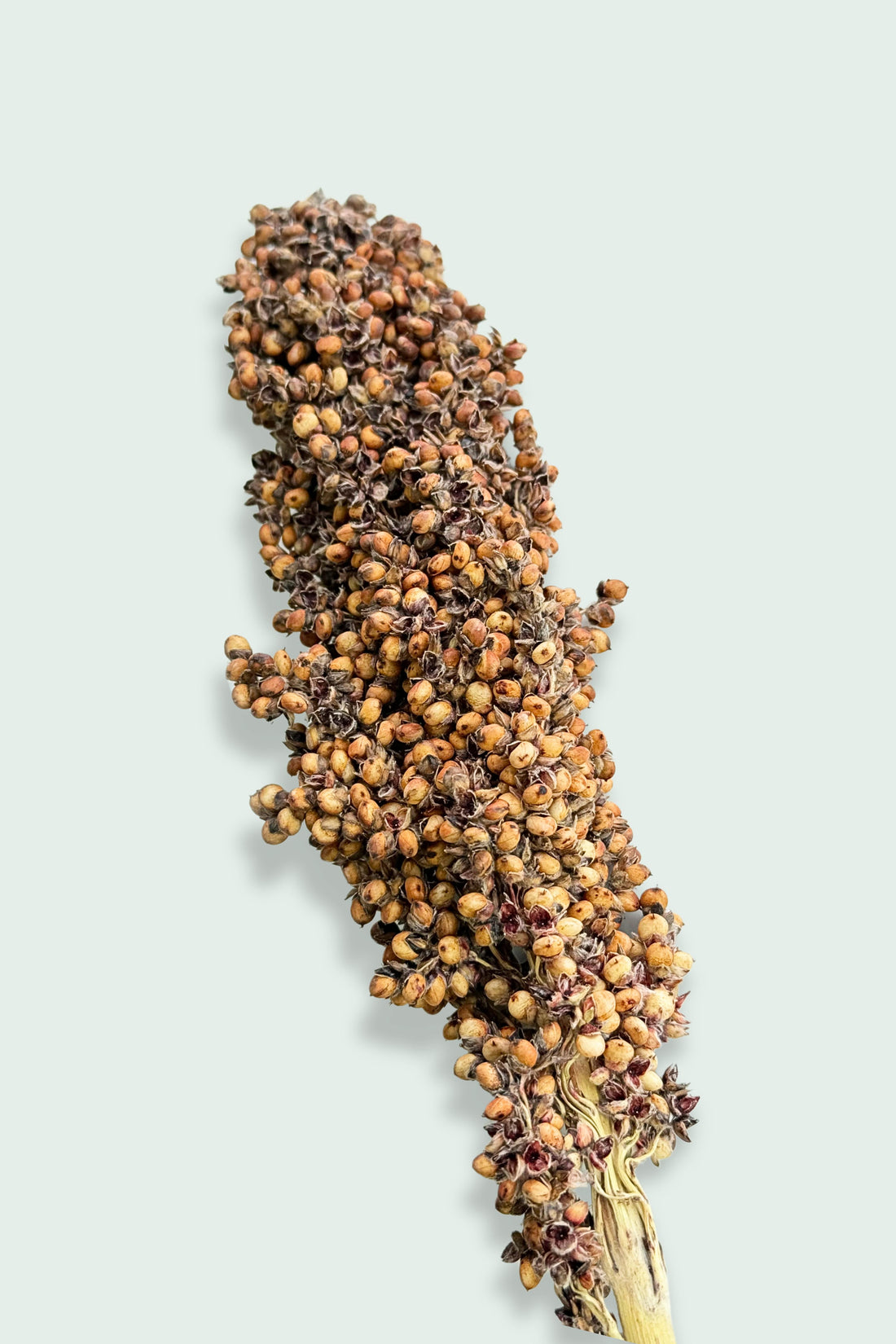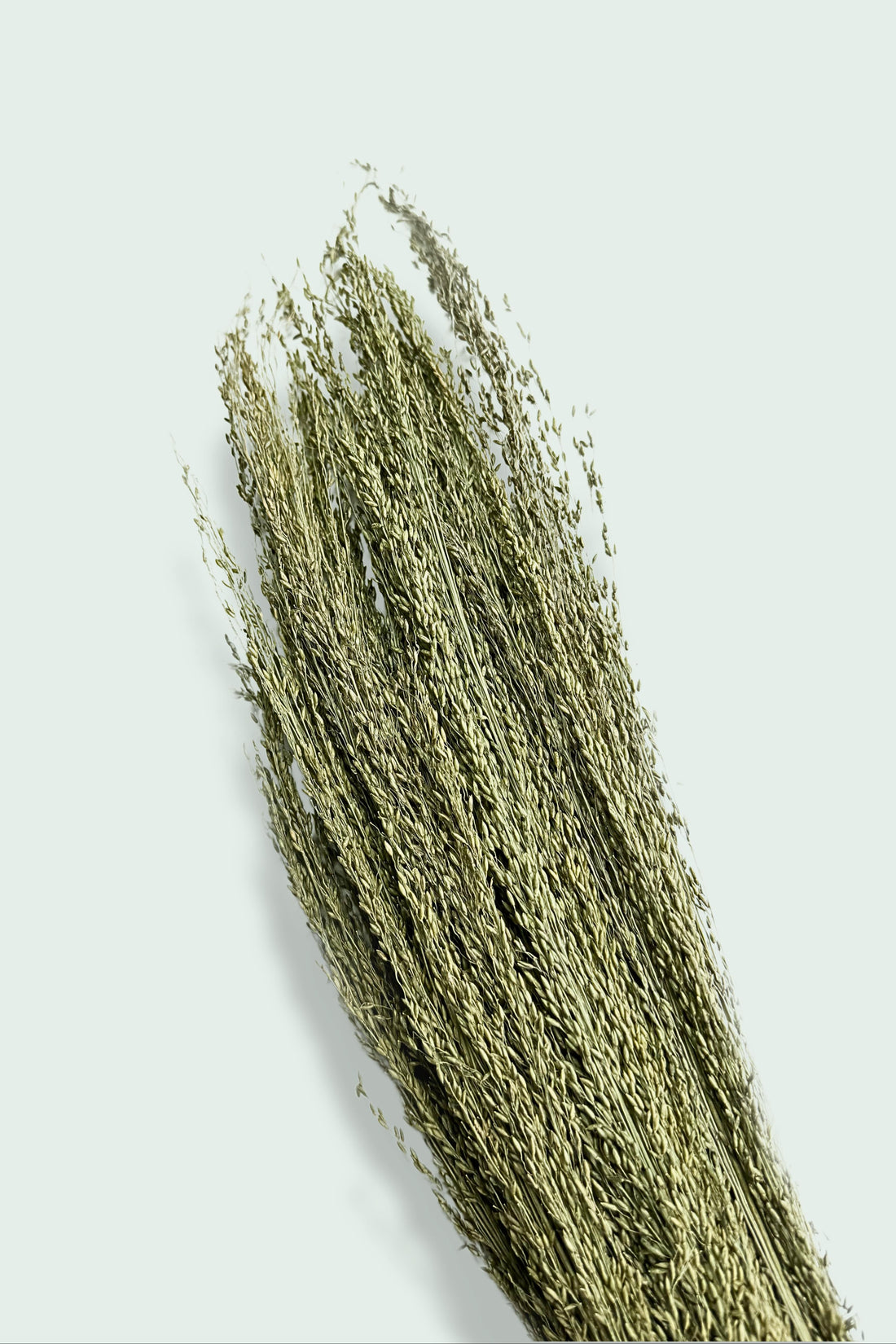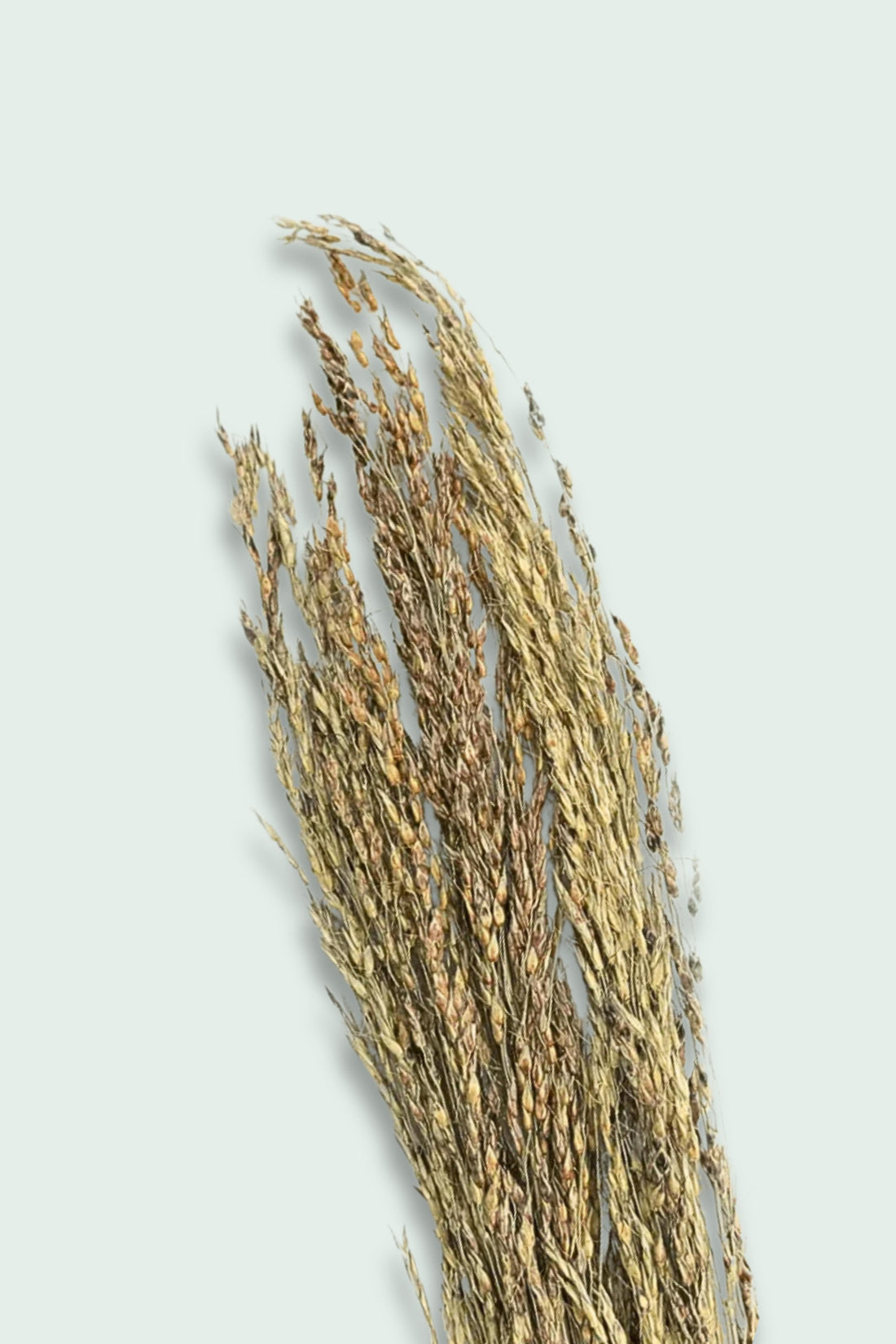When you walk into a pet shop like Pets at Home, it’s hard not to fall in love with the little hamsters curled up in the corner of a tank. With their twitchy noses and tiny paws, they seem like the perfect new companion. And for many, these chain stores are their first introduction to small pets.
But behind the cheerful displays and glossy marketing lies a story that deserves to be told.
At Moony Paw, we believe that every hamster deserves a life that mimics its wild roots: full of burrows, foraging, chewing, and quiet companionship. If you're considering welcoming a hamster into your home—or if you already have—this guide is here to help you make the most compassionate, informed decisions.
🐾 Where Do Chain Pet Store Hamsters Come From?
It’s easy to assume that a hamster curled up peacefully in a pet shop enclosure has been lovingly raised—but the reality behind most chain store pets tells a different story.
Large pet retailers like Pets at Home source their hamsters from commercial breeding operations, often referred to by animal advocates as rodent mills. These facilities operate on a high-volume, low-cost model, aiming to supply hundreds or even thousands of small animals to stores each month.
❌ Quantity Over Quality
In these mills, hamsters are bred on mass in cramped enclosures where cleanliness, genetics, and welfare are often secondary to output. Mothers are frequently overbred, producing litter after litter with little rest between. Offspring are pulled from their mothers too early, before crucial behavioral and emotional development is complete.
This environment leads to:
-
Overcrowding, which fuels stress and increases aggression
-
Lack of proper socialization, making hamsters fearful or reactive to handling
-
Weakened genetics, increasing the risk of tumors, dental issues, and neurological problems
-
Transport trauma, as young hamsters are shipped long distances in dark, noisy vans
These early experiences shape a hamster’s entire life. Many animals arrive at stores already showing signs of anxiety, illness, or withdrawal—all while being sold as “easy starter pets.”
💔 The Hidden Cost of Convenience
Hamsters from pet shops often come with no known lineage, no guarantee of temperament, and no pre-adoption health assessments. As a result, new owners may face heartbreaking challenges:
-
Sudden illness within days or weeks of bringing the hamster home
-
Biting or extreme shyness due to fear-based trauma
-
Shortened lifespans from inherited conditions
This doesn’t mean that all hamsters from pet stores are doomed—but it does mean that they deserve more understanding, care, and patience from the moment they arrive.
🐹 A Better Beginning Is Possible
Ethical breeders and rescues approach care differently. Rather than maximizing output, they prioritize:
-
Genetic health and temperament
-
Early handling and taming
-
Proper weaning and nutrition
-
Transparent education for new owners
At Moony Paw, we believe that choosing where your hamster comes from is just as important as choosing what they’ll live in. When you adopt or support responsible breeders, you're giving a hamster a stronger, safer start to life—one that honors their natural instincts and emotional needs.
If you’ve already adopted from a pet shop, that’s okay. This guide is here to help you give your hamster the best life possible from here on out. But if you're still considering where to get your new companion, we gently encourage you to explore ethical options like small animal rescues or trusted breeders first.
📏 Cage Size & Equipment: Misinformation Is Common
One of the most persistent problems in the world of pet hamster care stems from the incomplete or misleading advice many owners receive—especially at big chain pet stores like Pets at Home. While staff members are often friendly and mean well, they may not be trained in species-appropriate standards, and as a result, customers are frequently sold products that are inadequate or even harmful for a hamster's wellbeing.
🧱 The Problem With “Starter Kits”
Walk into any pet store and you'll likely see a "hamster starter kit" displayed with bright colors, fun stickers, and promises of being all you need to get started. But here’s the truth:
-
These cages are far too small
Most starter cages are less than half the minimum recommended space, which leads to boredom, stress, and in some cases, repetitive behaviors like bar biting or pacing (called stereotypy). -
Unsafe accessories
Tiny wheels (often with mesh or rungs), plastic hideouts that trap condensation, and open-sided food bowls offer little comfort and zero enrichment. -
Toxic bedding
Pine or cedar shavings are still commonly recommended, even though they contain aromatic oils that can damage a hamster’s respiratory system. This can lead to sneezing, wheezing, or even long-term health decline.
✅ What Your Hamster Actually Needs
A happy, healthy hamster doesn’t need bright plastic or gimmicky tubes. They need an environment that reflects their natural instincts:
🏡 Proper Cage Size
-
For Syrian hamsters: Minimum 100×50 cm of uninterrupted floor space (the bigger, the better)
-
For Chinese or dwarf hamsters: At least 80×50 cm is essential
Note: This is just the floor—multiple levels don’t compensate for insufficient base area.
🛞Wheel Size
-
Syrian hamsters: A 28 cm solid-surface wheel to prevent back arching
-
Smaller breeds: Minimum 20 cm
Avoid mesh wheels—tiny feet can get caught and injured.
🛏 Bedding & Substrate
-
Provide at least 20 cm of depth for digging and nesting
-
Safe materials:
-
Unscented hemp
-
Aspen shavings (not cedar!)
-
Soft, dust-free paper-based bedding
-
-
Spot clean often, and do full cage refreshes monthly—but always preserve 1/3 of the old bedding to maintain scent memory and reduce stress
🧺 Enrichment & Natural Items
Hamsters thrive with species-appropriate enrichment that engages their mind and body:
-
Chews like Apple Wood Sticks and Twisted Vine Chews
-
Forage blends like Flower Mix or Jerusalem Artichoke Forage
-
Sprays such as Amaranth, Millet, and Panicum Grass
-
Serving items like the Banana Leaf Basket, which acts as a chew-safe food display, perfect for holding treats, hay, or dry mixes without trapping moisture
🤒 Health Starts at Day One
When you bring home a hamster from a chain pet store, you’re not just welcoming a new companion—you’re also stepping in as their advocate, caregiver, and protector. Sadly, many of these little animals arrive already carrying the invisible scars of stressful breeding, handling, and transport conditions.
🚩 Common Health Concerns
Hamsters sold through mass retail chains often endure early trauma, whether due to poor husbandry, unsanitary environments, or rushed handling. As a result, many arrive with or quickly develop health issues that could have been prevented in more ethical settings.
Here are just a few of the most frequent conditions:
-
Respiratory Infections
Hamsters have delicate lungs. Exposure to dusty, pine, or cedar bedding, combined with poor airflow in transport containers or cages, can quickly lead to sneezing, wheezing, or labored breathing. Left untreated, this can escalate into life-threatening pneumonia. -
Overgrown Teeth
A hamster’s teeth never stop growing. In pet shops, chew items are often absent or made from unsafe materials. Without access to natural, fibrous woods, hamsters may suffer from malocclusion (misaligned teeth), which causes pain, weight loss, and difficulty eating. -
Early Tumor Growth
Due to poor genetic selection in rodent mills, many hamsters develop benign or cancerous tumors—sometimes as early as a few months old. This heartbreaking reality is especially common in Syrians. -
Fear-Based Aggression
Improper socialization, rough handling, and chaotic store environments can leave hamsters skittish, defensive, or prone to biting. What many see as “aggression” is usually just deep-seated fear.
🧡 How You Can Help
While you can’t change your hamster’s past, you can dramatically shape their future. A loving, informed owner makes all the difference—and you can start their healing journey with simple, mindful care choices.
Support Dental Health
Hamsters need to gnaw to maintain dental balance. Offer a rotation of safe, natural chews like:
-
Jerusalem Chew Sticks – firm and fiber-rich
-
Apple Wood Sticks – gentle and naturally sweet-scented
-
Beloved Bear Chews – ideal for lighter chewing needs
These help prevent dental overgrowth and offer enriching textures that satisfy foraging instincts.
🌼 Feed for Recovery & Vitality
Nutrition is your hamster’s best defense. Replace store-bought “hamster muesli” mixes—which are often filled with sugars and fillers—with balanced, flower- and herb-based diets like:
These blends mimic what wild hamsters would naturally eat, supporting both digestion and mental stimulation.
🛁 Encourage Hygiene with Sand Baths
Hamsters are naturally clean animals that love to roll in fine sand to remove oils and keep their coats healthy. Provide:
-
Chinchilla sand (not dust!)
-
Wide, low-sided containers, like our ceramic bowls
This not only boosts hygiene but eases stress, especially for shy hamsters adjusting to a new environment.
👀 Daily Wellness Checks
You don’t have to be a vet to spot when something’s wrong. Make a habit of quietly observing your hamster each evening when they’re active. Watch for:
-
🐾 Weight loss or puffiness
-
😴 Lethargy or hiding more than usual
-
😮💨 Labored or clicking breathing
-
👁 Runny eyes or crusty noses
Catch these signs early and you’ll greatly improve the chance of recovery. And remember: if you’re unsure, always consult a vet—preferably one experienced in exotic or small animals.
Your hamster didn’t choose where they came from—but they’re relying on you to choose better for them now. With gentle patience and nature-inspired support from Moony Paw, you can help your little friend thrive against the odds.
🛒 Start with wellness-forward items from our Forage Collection, Chews Collection, and food-safe Banana Leaf Basket for serving healthy mixes.
🐾 Adopt or Buy Ethically: A Kinder Way to Welcome a Hamster Home
When most people think of getting a hamster, they picture a quick trip to the pet shop. But the truth is, you don’t need a glass display case and fluorescent lights to find the perfect furry companion. In fact, more compassionate and rewarding options are just a click—or a kind conversation—away.
🐹 Small Animal Rescues: Give Love a Second Chance
Every year, hundreds of hamsters across the UK are surrendered, abandoned, or left behind when children lose interest or owners can’t meet their needs. These animals end up in rescues, not because they’re flawed, but because they were failed by people who didn’t understand their care.
By choosing to adopt, you’re doing more than giving a hamster a home. You’re giving them a second chance at life—and in return, many rescues offer:
-
Full health checks, so you know what you're taking on
-
Behaviour assessments, which help match you with the right hamster
-
Ongoing advice and support, even after adoption
-
Transparency about their background, needs, and quirks
👉 Explore Moony Paw’s UK Small Animal Rescue List to find trusted local rescues and start your adoption journey.
👩🌾 Ethical Breeders: Quality Over Quantity
If you have your heart set on raising a hamster from a young age, reputable breeders are a world apart from chain store suppliers. An ethical breeder treats every animal like family—not inventory.
Look for breeders who:
-
Raise litters in-home, with hands-on socialisation from day one
-
Prioritise health and temperament over colours or trends
-
Ask YOU questions, to ensure their animals go to safe, educated homes
-
Provide detailed lineage and background, not vague claims
They’ll be happy to share:
-
The diet they’ve been using (hint: it should be seed- and forage-based)
-
The exact age and weaning date of the hamster
-
Any known health history or temperament traits
-
Care recommendations, cage size minimums, and handling tips
Good breeders won’t rush the process. They care deeply about where their animals go and will often stay in touch for updates or guidance.
🍃 Support Ethical Living Beyond Adoption
However you choose to welcome your new companion, what matters most is that you commit to species-appropriate care, natural enrichment, and gentle bonding. At Moony Paw, we design and curate products that reflect this philosophy:
-
🧺 Banana Leaf Basket – a chew-safe, natural serving dish for forage and dried treats
-
🌸 Flower Mix – to support natural foraging instincts
-
Apple Wood Sticks – essential for healthy teeth
-
🧠 Chews Collection – to rotate and keep boredom at bay
Because ethical care doesn’t stop at where your hamster comes from—it continues in how you treat them, every single day.
🧠 Better Info = Better Lives
When it comes to hamster care, misinformation can do real harm. Unfortunately, chain pet stores like Pets at Home often rely on outdated or oversimplified guidance, passing out care sheets that give new owners the wrong idea—sometimes with heartbreaking consequences.
Let’s break down a few common myths that still get circulated:
❌ "Hamsters can live in pairs"
This is one of the most dangerous pieces of misinformation still being shared.
-
Syrian hamsters are strictly solitary.
They will become territorial and aggressive when housed with others—even siblings. Fights can result in severe injuries or death. -
Chinese hamsters are also best housed alone. While not as aggressively territorial as Syrians, they are still prone to stress and injury when cohabiting.
❌ "Hamsters don’t need much space"
This myth has been responsible for thousands of hamsters living in tiny, barren enclosures that stifle their natural behaviors.
-
In the wild, hamsters travel several miles every night, foraging, digging, and nesting.
-
A tiny cage might seem convenient, but it leads to frustration, bar biting, and repetitive pacing (a sign of distress).
-
At minimum, a 100×50 cm enclosure is needed for Syrians, and 80×50 cm for smaller species—but bigger is always better.
❌ "Cotton fluff is great for nesting"
Nope. This one is particularly risky.
-
Cotton wool and synthetic nesting fluff can wrap around limbs, causing injury, loss of circulation, or even amputation.
-
If ingested, it can block the digestive tract, which is life-threatening.
🟢 Instead, use shredded toilet paper or long-strand soft hay for nesting—both are natural, digestible, and safe.
🧭 Choose Better Sources for Better Care
If you’re committed to giving your hamster a happy, healthy life, steer clear of generic leaflets and advice from stores focused on selling products—not providing animal welfare.
Here’s where to look instead:
🐾 Moony Paw’s Hamster Blog
Care guides grounded in species-appropriate enrichment, written with love and backed by real experience. Whether you're a new owner or a seasoned keeper, we make ethical hamster care clear and simple.
👉 Visit the Moony Paw Blog
🧬 Science-Backed Forums and Rescue Guides
Independent platforms like Hamster Central, Happy Hamsters UK, and small animal rescues often provide up-to-date, welfare-focused advice that reflects what your pet actually needs—not just what’s easy to sell.
🌿 Brands That Truly Care
Look for businesses that put small animal wellbeing at the core of their philosophy, like Moony Paw. Every product we offer is chosen to promote:
-
Natural instincts like chewing, foraging, and nesting
-
Safety through dust-free, non-toxic materials
-
Mental stimulation and physical enrichment
🛍 Explore customer-loved items like:
-
Banana Leaf Basket – the perfect breathable basket for presenting foraged treats and dried foods
-
Flower Mix – all-natural foraging blend to reduce boredom
-
Jerusalem Chew Sticks – tasty and functional for dental health
-
Coconut Husk Mini Stars – a safe, textural delight for enrichment play
✨ The takeaway? When owners are properly informed, pets thrive. Better information doesn’t just lead to better lives—it helps you build trust, deepen your bond, and truly understand the tiny life you’re caring for.
Want me to add a downloadable “What Your Hamster Really Needs” cheat sheet?
🌿 The Moony Paw Approach: Naturally Thoughtful Hamster Care
At Moony Paw, we don’t just sell hamster products—we curate them with care, compassion, and species-appropriate living at the heart of every decision. Behind every treat, chew, and accessory is a belief that our smallest companions deserve the biggest respect.
We understand that caring for a hamster isn’t just about keeping them fed or housed—it's about creating an environment that supports their instincts, encourages exploration, and protects their health from day one.
🌼 Nature-Inspired Nutrition
We choose treats that add value, not just calories. Every snack in our Treats Collection is:
-
Free from artificial sugar, dyes, and preservatives
-
Selected for texture variety, flavor, and enrichment value
-
Sized and portion-appropriate for small animals’ sensitive systems
Try customer favorites like:
-
Dried Pumpkin – fiber-rich and great for occasional digestive support
-
Strawberries– a naturally sweet incentive for taming and bonding
Chews That Do More
Chewing is vital for dental health and mental wellbeing. Instead of plastic blocks or dyed sticks, we offer a rotation-friendly range of natural chews including:
-
Apple Wood Sticks – gentle, fresh-smelling classics
-
Jerusalem Chew Sticks – texturally rich and low-sugar
-
Twisted Vine Chew – irregular shapes that keep chewing interesting
All sourced from safe, pesticide-free materials, these chews help keep teeth trimmed naturally while satisfying your hamster’s instinct to gnaw and explore.
🌸 Forage With Purpose
We champion foraging as an everyday experience, not just an occasional treat. Our Forage Collection is built around variety, with mixes that encourage:
-
Natural digging, sorting, and sniffing behavior
-
Health through edible flowers and herbs
-
Calm through sensory stimulation
Blends like Hamsters' Forage Mix, Flower Herb Mix, and Jerusalem Artichoke Forage help make mealtime feel like a mini adventure—every single day.
✨ Designed for You, Too
Hamster care shouldn’t be a guessing game. That’s why our product pages include:
-
Clear size and species suitability
-
Honest usage suggestions (like noting that a basket isn’t a hideout 😉)
-
Photos that show real-world scale and use
We’re not here to sell what looks cute—we’re here to support what actually works. Whether you’re shopping for your Syrian’s enrichment or your Chinese hamster’s feeding station, we’ve done the research so you don’t have to.
🐹 Final Thoughts: Choose Care Over Convenience
Hamsters are far more than just “starter pets.” These gentle, intelligent little souls have rich inner lives, unique personalities, and instincts shaped by nature—not cages.
Yet far too often, chain pet shops like Pets at Home reduce them to impulse buys: animals sold alongside cramped cages, plastic accessories, and outdated advice.
While grabbing everything in one go might feel convenient, that ease comes at a cost—to your hamster’s comfort, health, and happiness.
🏡 Thoughtful Homes Make Happier Hamsters
Real care means going beyond the basics. It means asking questions like:
-
Can my hamster burrow, climb, and explore safely?
-
Is the bedding deep enough to mimic their wild behavior?
-
Am I offering enough mental stimulation and safe things to chew?
That’s why at Moony Paw, we don’t believe in shortcuts—we believe in species-appropriate care that respects your hamster for who they are.
🍽 Not Just Pretty—Purposeful
Your hamster doesn’t just see the food—they can sniff, sort, dig, and forage through it. It’s not décor—it’s daily enrichment rooted in what your pet naturally loves to do.
Pair it with our Flower Mix or Hamsters’ Forage Mix and turn mealtime into a joyful, sensory experience.
Enrichment, Chewing & Respect
Caring for a hamster well means recognizing how much they need to chew, explore, and feel safe. Every day should include:
-
Safe chews like Jerusalem Chew Sticks or Apple Wood Sticks
-
A solid-surface wheel to run off their nightly energy
-
Sand baths in wide dishes that mimic natural grooming habits
-
A calm, quiet environment with minimal stress and plenty of scent stability
These aren’t luxuries—they’re the foundation of good hamster health and behavior.
❤️ Adopt If You Can—But Always Choose Mindfully
If you’re thinking of bringing a hamster into your life, we encourage you to:
-
Adopt from local rescues whenever possible
-
Research ethical breeders who put the hamster’s wellbeing first
-
Avoid impulse purchases in pet stores where animals are treated like stock
Because the most loving thing you can give your future hamster isn’t just a cozy bed or fun toy—it’s a peaceful start, and a life shaped by compassion.
🌿 Give Them the Life They Deserve
At Moony Paw, we’re here to support you at every step of that journey. Our Hamster Collection is full of carefully selected, natural, hamster-safe products that empower you to build a real habitat, not just a cage.
From foraging flowers to enriching chews and thoughtfully designed accessories, every item helps you give your hamster:
-
A safe home
-
A stimulating environment






